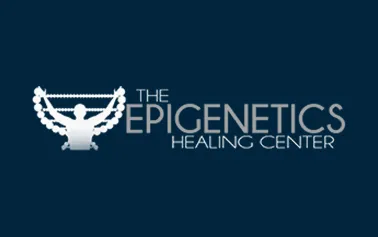
Root Causes of Breast Cancer No One Talks About
Breast cancer is often treated as random, but biology tells a different…
Crohn’s disease is a rare inflammatory bowel disease that can greatly affect the quality of life for individuals. This chronic inflammation relating to the gastrointestinal tract can occur in nearly any part of the GI system — but most often impacts the large and small intestine.
The intense inflammation can lead to abdominal pain, severe diarrhea, fatigue, weight loss, and malnutrition. There are several forms of Crohn’s disease, with different types affecting different sections of the GI tract — resulting in different symptoms and complications. Being able to identify the specific type of Crohn’s disease helps formulate a treatment plan.
A quick Google search of Crohn’s disease will tell you that no cure exists, however, many individuals are able to significantly reduce their symptoms and regain their health independence through a personalized, holistic approach. Functional medicine looks at Crohn’s disease through a different lens than traditional medicine. By seeking to address chronic inflammation with a long-term, sustainable solution, individuals are able to improve their health without the constant crutch of prescription medications or invasive surgeries.

The signs and symptoms of Crohn’s disease are usually progressive, first appearing between the ages of 20 to 30. Yet, sudden onset symptoms are still a possibility in many cases. Common warning signs include:
Secondary signs include:
While the exact cause of Crohn’s disease hasn’t been solidified, there is evidence to suggest it may be an autoimmune disease with hereditary links. In addition, a variety of factors may contribute to agitation or triggering of flare-ups, such as:
To the harm of traditional medicine, their singular approach to addressing Crohn’s disease consists of using a variety of medication options to reduce inflammation, reduce drainage, or bind to immune protein cells. However, these medications will most likely need to be taken for a lifetime and can lead to other bodily damage.
Functional medicine looks to empower patients with natural, long-term treatment options that do not make individuals dependent upon a medical product or service. By seeking to make holistic living changes and adjustments, patients are able to have greater control over their day-to-day health.
Here at the Epigenetics Healing Center, we have been able to help numerous patients improve their battle with Crohn’s disease and live a more normal, fulfilling life. Through a customized approach, we look at each individual through their own story — not simply applying a one-size-fits-all plan to their health concerns. This process starts with extensive lab work, to examine a variety of biometric markers found in the blood. This information can point to deficiencies that are exacerbating your GI tract troubles.
Following this baseline information, Dr. Goodbinder looks to build a workable, sustainable action plan that incorporates nutritional advice, stress management, supplement additions, exercise routines, and more. Through the positive stimulation of the immune system, and reducing possible triggers, an individual suffering from severe Crohn’s disease can see a dramatic improvement in their overall health.
Specifics include a diet similar to:
Possible vitamin supplements like:
If you are suffering from Chron’s disease, contact Dr. Goodbinder to learn how we can help!

Breast cancer is often treated as random, but biology tells a different…

The thyroid, located at the base of the neck, is a butterfly-shaped…

When the immune system mistakenly targets healthy cells and tissue, overproduction of…
